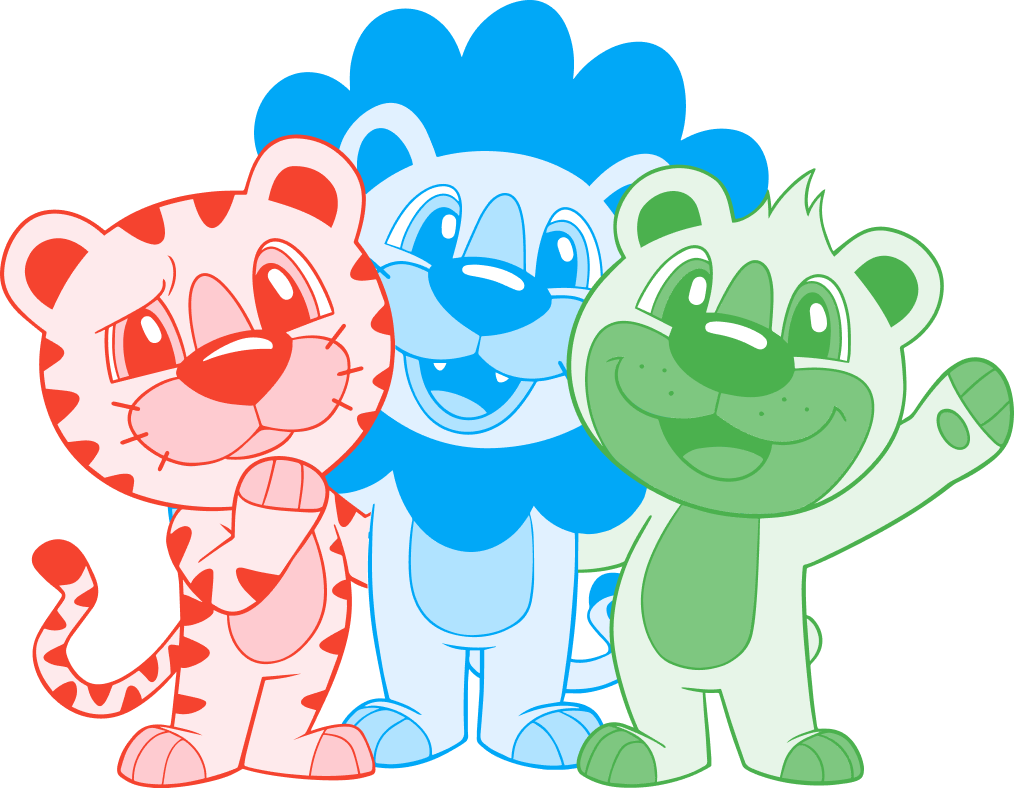The Role of Regression in Coping: Beyond ABDL
In a world that often demands constant productivity and maturity, it's no surprise that people seek out ways to find comfort and peace. One of these ways is regression—a process that allows individuals to return to simpler states of being, reconnecting with a sense of innocence, playfulness, or safety they may have once felt as children. Though the term 'regression' is often associated with ABDL (Adult Baby/Diaper Lover) communities, it is much broader and deeply rooted in the human experience. Many of us, knowingly or unknowingly, turn to regression as a way of coping with stress, anxiety, or just the overwhelming demands of life.
Regression and Comfort Objects
Think back to your favorite stuffed animal or blanket as a child. Perhaps it was a teddy bear with one eye missing or a blanket worn thin by years of cuddling. For many, these objects provided a sense of security, helping us navigate unfamiliar or scary situations. But comfort objects aren't just for kids—how many adults have a "lucky charm," a favorite hoodie, or even a pillow they can't sleep without? These items connect us to feelings of warmth and security, serving as a reminder that it's okay to need comfort sometimes.
Adults often hold onto these comfort objects because they evoke a sense of safety, familiarity, and calm. This is a form of regression—a gentle way of revisiting those early emotions without judgment. For some, it’s a cherished mug that reminds them of family breakfasts. For others, it's a worn-out plushie that sits on the shelf as a quiet reminder of childhood joy. Regression through comfort objects isn’t about avoiding adulthood; it's about giving ourselves permission to feel safe in a world that can sometimes feel anything but.
The Power of Nostalgia
Nostalgia is another powerful way people experience regression, and it's something we all participate in. Whether it's rewatching a cartoon from the 90s, listening to music from high school, or flipping through old photo albums, nostalgia allows us to step back into a simpler time—a time when responsibilities were fewer and the world felt a bit more magical. Nostalgia isn’t just a fleeting indulgence; it can be a powerful coping mechanism, helping us cope with present stress by reconnecting with comforting memories.
In a way, nostalgia acts as a time machine for our emotions, allowing us to experience joy, safety, or excitement from the past. It helps us ground ourselves during difficult times by reminding us that happiness, even if from a different era, is still accessible. Revisiting a favorite childhood TV show or enjoying a snack that brings back memories can create moments of joy and stability—offering comfort in times when the present feels unstable.
Play, Creativity, and the Inner Child
Another form of regression that often gets overlooked is the role of play and creativity in adulthood. Activities like painting, building with Legos, playing video games, or even coloring can help us reconnect with our inner child—the part of us that wants to explore, imagine, and have fun without pressure or expectations. Engaging in play as an adult can be a deeply restorative process. It gives us a break from responsibilities, allowing us to embrace a sense of freedom we often lose as we grow older.
Regression, in this sense, can be incredibly healing. It’s a way of giving our inner child the love and attention it needs, especially when that part of us feels neglected by the hustle of adult life. Whether it’s spending an afternoon at a theme park, baking cookies from a family recipe, or simply lying in the grass and watching clouds go by, regression through play reminds us that joy doesn’t have to be complicated—it can be simple, innocent, and pure.
Why Regression Matters for Everyone
While ABDL is one form of regression that some people connect with, the broader idea of regression is something that touches all of us in different ways. It’s a natural, human instinct to want to revisit a time when things felt easier and more secure. The key is recognizing that this isn’t a weakness—it’s a way of taking care of ourselves. Whether it’s through comfort objects, nostalgic experiences, or playful creativity, regression allows us to cope with life’s challenges by offering ourselves a safe space to just be.
By understanding regression as a broader coping mechanism, we can foster empathy for those who use it as a tool to find comfort and navigate challenges. Even if regression isn’t the best method for everyone, recognizing its value for others can deepen our understanding of their experiences and needs. This perspective allows us to appreciate the diverse ways people seek comfort and connection, even if our own paths differ.
Finding Balance
At the end of the day, embracing regression doesn’t mean rejecting adulthood or responsibility. It means finding balance—allowing ourselves to be both the adult who handles life’s demands and the inner child who needs love and care. By leaning into comfort objects, nostalgia, or moments of play, we create space for healing and joy, making the adult experience a little more manageable and a lot more human.
So, the next time you reach for that old stuffed animal, rewatch a childhood favorite, or spend the day doodling just for fun—know that you’re not alone. Regression is a part of being human, a gentle reminder that sometimes, it’s okay to let go and just be.
